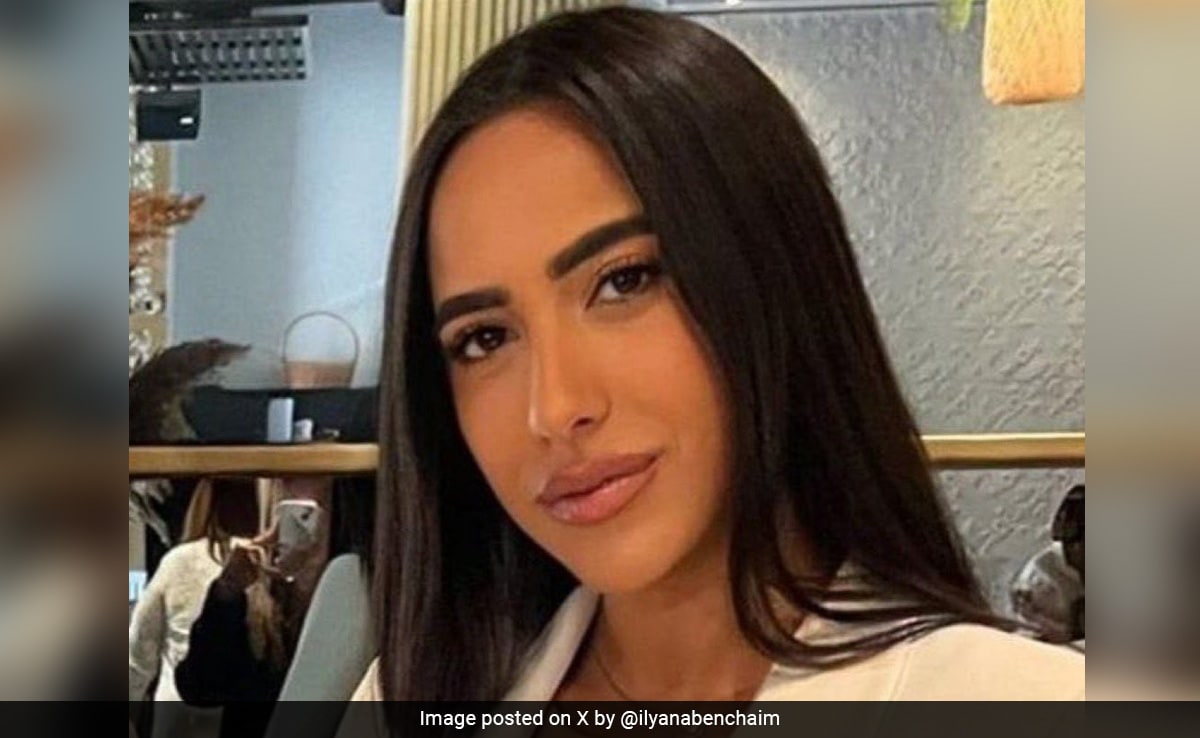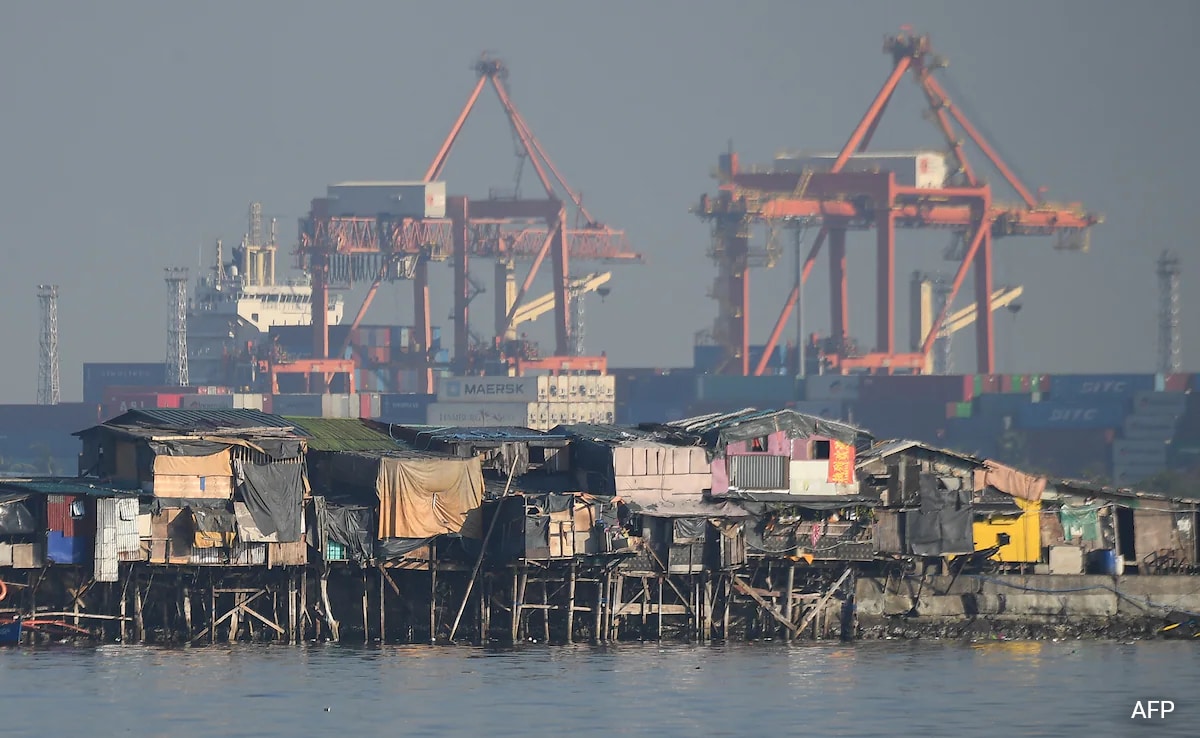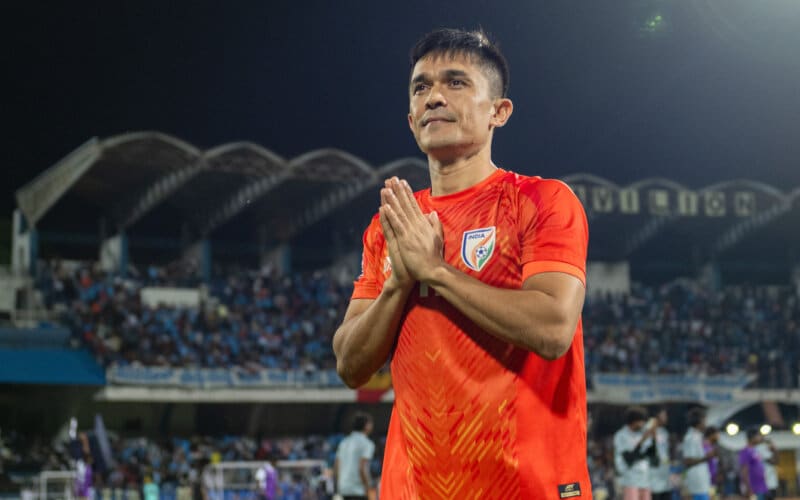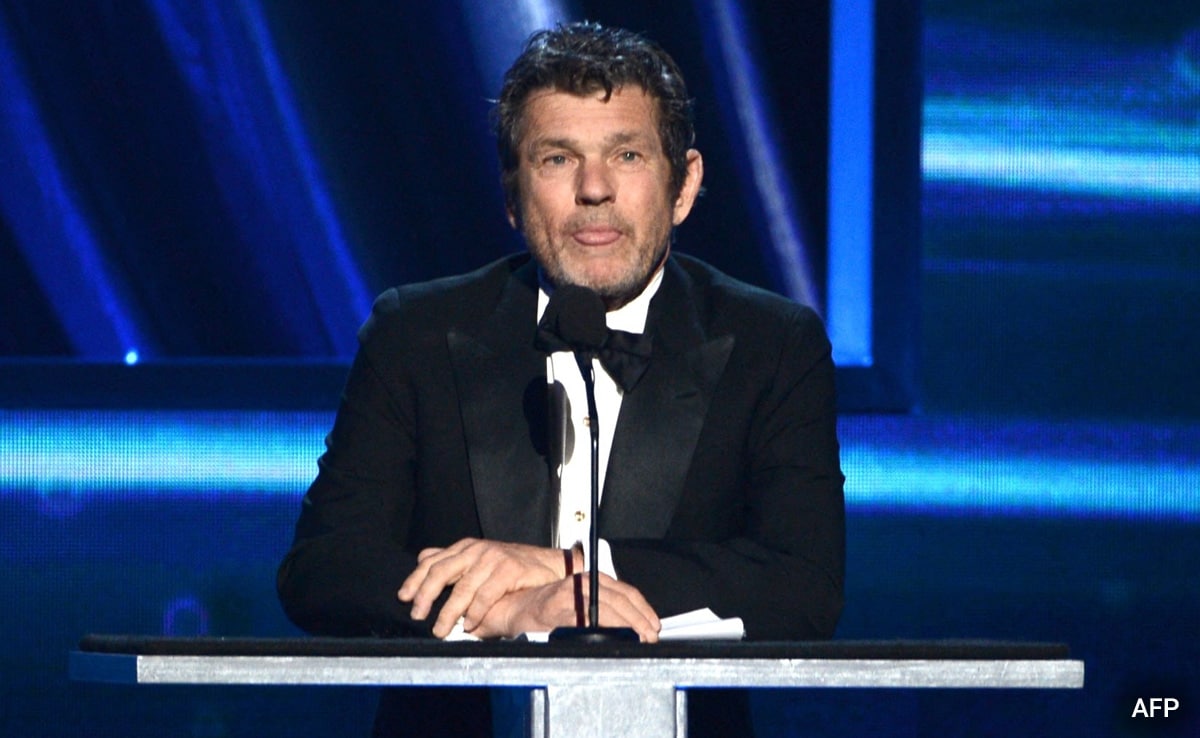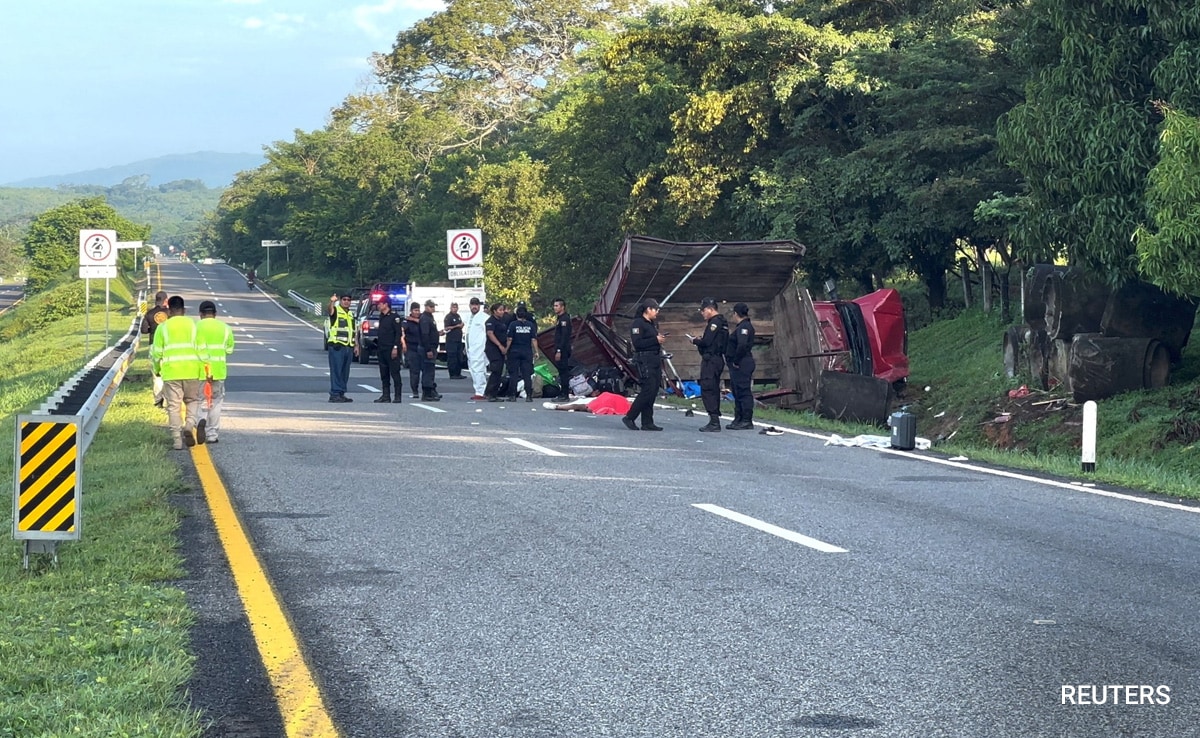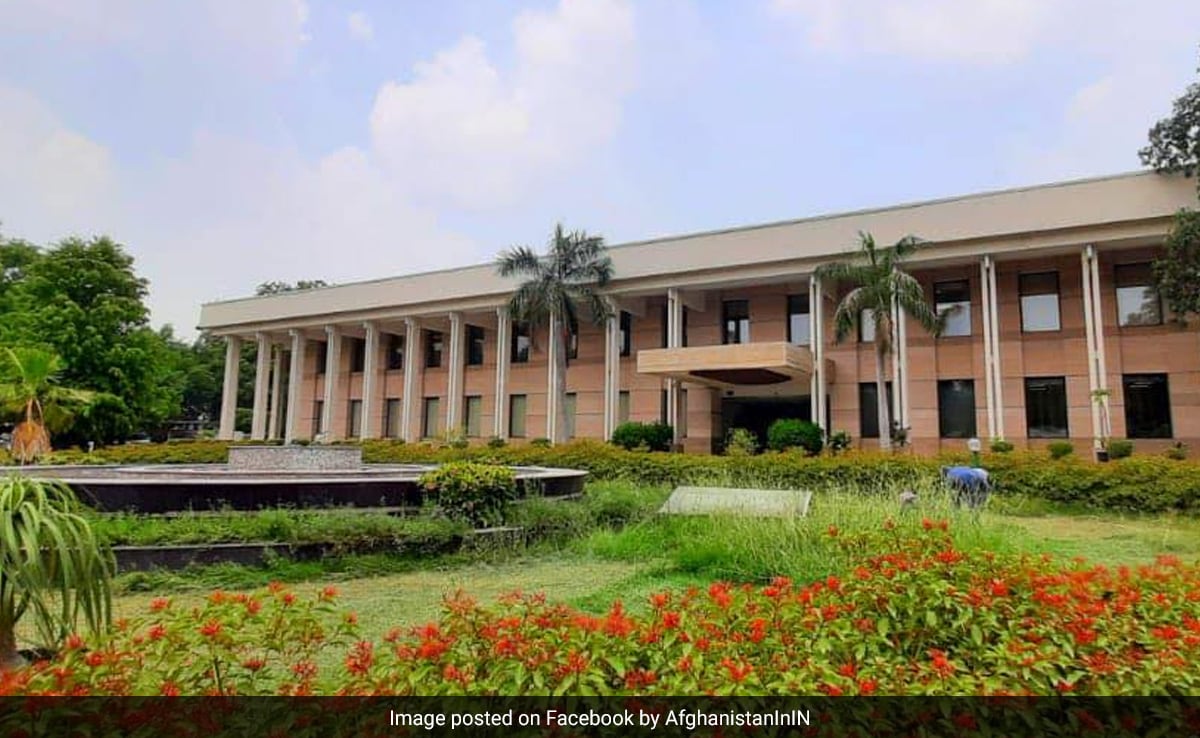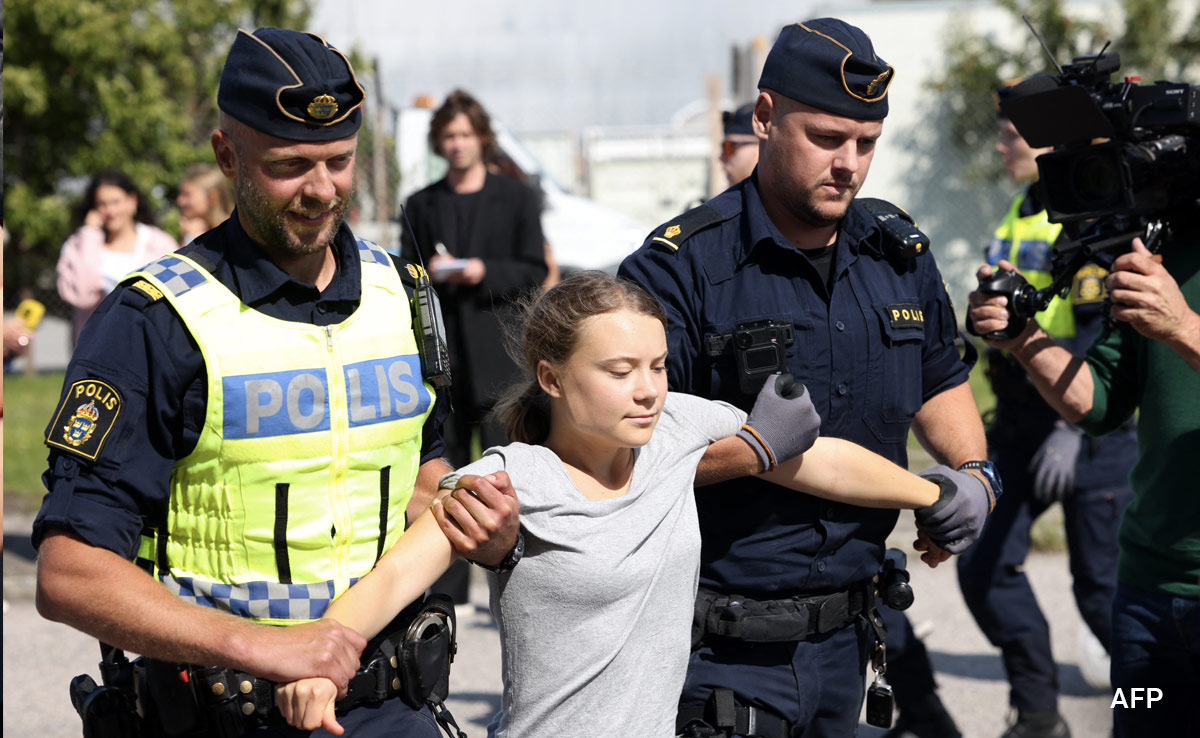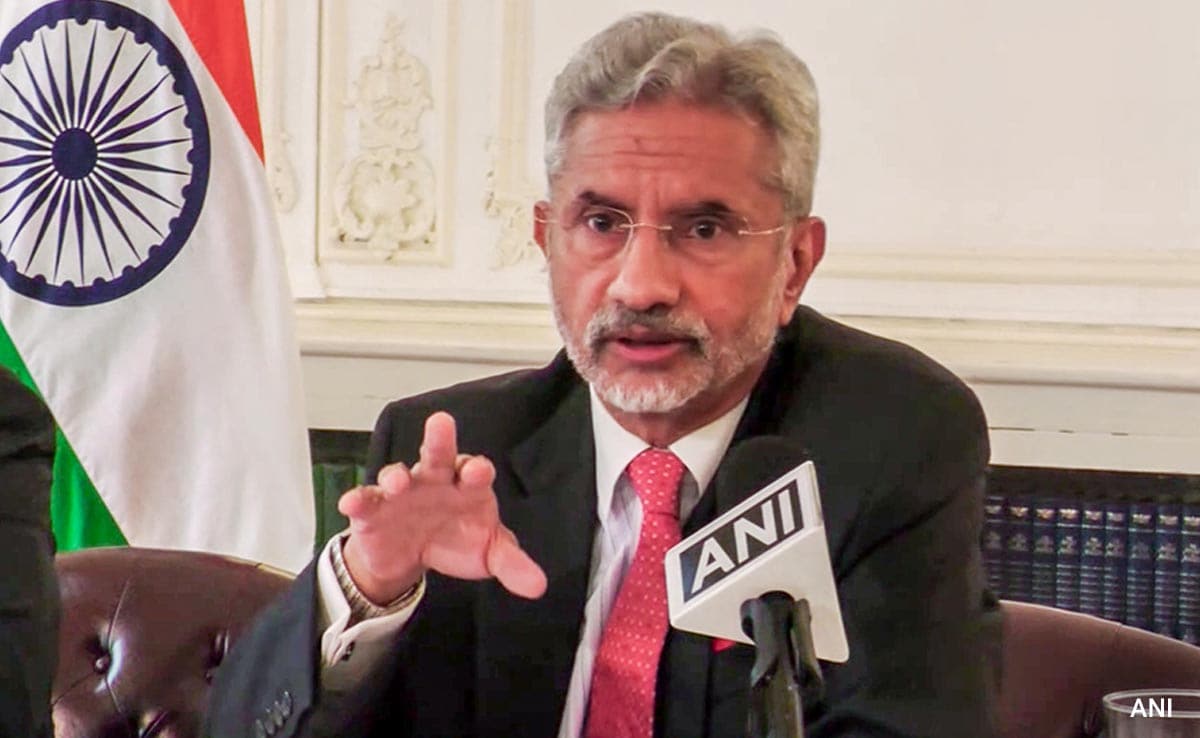This week on WorldView- India’s G20 Moment is finally here- what do you need to know to get through the big weekend of India’s international diplomacy?
So first, leaders have begun to arrive for the G20 summit- A grouping that represents around 85% of the global GDP, over 75% of the global trade, and about two-thirds of the world population
This is the high point of India’s Presidency that began on December 1- while they are here for the meeting of the world’s top 20 economies- 19 countries and the EU, what is called the premier forum for global economic cooperation, many of them have other agendas too.
1. All G-7 members are set to attend at Head of State level- which means US President Biden, Canadian PM Trudeau, French President Macron, German Chancellor Scholz, Italian PM Melloni, Japanese PM Kishida, UK PM Sunak and the EU President Charles Michele and President of the European Commission Von der Leyen.
-Of these PM Modi has held bilateral meetings, some more than once, with atleast 5, and has made trips to 4 countries.
-Worth watching the meetings with Canadian PM Trudeau- with whom differences over separatist violence by Khalistani groups, and now a pause on the Free Trade Agreement Talks by the Trudeau government, and
– British PM Sunak, the first UK PM of Indian origin, who is also discussing an FTA will be significant.
2. All Quad members will be here, and PM Modi will want to discuss India’s turn to host the Quad in 2024- sources say he would like them to come in January, and even perhaps to be chief guests at Republic Day- while they may not all be able to, remember Jan 26 is also Australia Day, that’s worth watching.
-South Korean President Yeol is also coming
3. All BRICS members are in G20 too—and remember PM Modi has already been to South Africa a few weeks ago to attend the BRICS summit hosted by South African President Ramaphosa.
However, Russian President Putin and Chinese President Xi will not attend the summit- sending Rusian FM Lavrov and Chinese Premier Li in their place respectively.
Putin, who has missed the G20 for 3 yrs now called Modi to explain, but Xi Jinping has never missed except during Covid in 2021, when he attended virtually.
The Chinese President no-show sends a clear signal about the state of India-China bilateral ties, where the 2020 military standoff continues, and theres a new furore over China’s map, which we spoke about last week.
Brazilian President Lula is coming despite a hip injury- an important visit, as he last came as President more than a decade ago, and then came in 2012 to receive the Indira Gandhi Peace Prize. Brazil is also the next host of the G20
4. Then there are the non-aligned countries like Turkey, whose President Erdogan, fresh from his electoral victory, will be here- along with UN Secretary General they are trying to revive the Black Sea Grain initiative to allow the flow of wheat and sunflower exports from Ukraine and Russia. There’s also Argentina’s Fernandez, and Indonesian President Widodo, who last year as G20 President visited both Moscow and Kyiv. Mexican President Obrador will not attend.
5. A special guest is Saudi Arabian Crown Prince and PM Mohammad Bin Salman, who will stay on for a State visit on Monday. Remember MbS, as he is known was due to visit India before the Bali G20 and cancelled at the last hour. He will want to discuss infrastructure and road and railway development in his region- part of the new Quad with US, UAE and India.
6. There are the special invitees:
Spain, Singapore, Netherlands and UAE are major economies and invited nearly every year. Spanish President Sanchez however has cancelled as he tested positive for Covid
India has invited neighbours Bangladesh and Mauritius- PM Hasina has a special mission this year, as she is backing her daughter for the top regional post of the World Health Organisation, and will be canvassing support. Also here will be the WHO chief Ghebreyseus.
Egypt, Nigeria and Oman have also been invited.
Finally, there is the African Union, and its President Azali Assoumani who will be here for the big decision- as the AU awaits a final decision at the summit for membership of the G20 that it has been pursuing. This year PM Modi took it up with a letter to all G20 leaders, and the membership has the backing of the whole G20 grouping.
So what are the key takeaways India is hoping for at the end of this summit-
1. Joint Declaration- Every G20 thus far has had a joint statement, and Indian negotiators are trying hard to ensure this is not the first G20 to end without a Leaders Declaration.
-The main sticking point is over two paragraphs called the Bali paragraphs, that relate to Ukraine, but Russia doesn’t want the language criticizing its invasion of Ukraine, and China doesn’t want any geopolitical issues.
– Apart from Ukraine there is a divide between the G7 and the developing world over Climate Change deadlines, financing and phasing out fossil fuels
– And China is opposing language from G7, India and others on debt restructuring for vulnerable countries
– Unlike Indonesia and President Jokowi, PM Modi has chosen not to travel to either Kyiv or Moscow ahead of summit, and has not invited Pres Zelensky to address the G20.
2. African Union- This will be a defining moment for the G20, which has not inducted new members in its history of nearly 25yrs. Like the EU, questions have been raised why the AU has not been included. Where is the pushback from?
Other region groupings like ASEAN and CELAC who also want membership
Countries like Switzerland, Singapore, Netherlands etc who are in the world’s top 20 today and feel they deserve a place in the membership
Countries that worry inducting the 55-member AU might make consensus more difficult
Even so , AU membership is likely to go through
3. Global South- India hosted the first Voice of Global South to take into account the developing world’s priorities on economic issues
4. Climate change , Health, Digital Public Infrastructure, Biofuel alliance and regulating Cryptocurrency- areas where India wants to make a mark – There is some pushback from China on Indian language insertions- like Vasudhaiva Kutumbakam, Millets, Lifestyle for Environment
5. Democratisation of G20 process- the government has called this the People’s G20, because it has taken what used to be a fairly staid conference and given it colour and diverse flavours- holding 200 meetings in about 60 cities across the country
6. Black Sea Grain Initiative- this would be an outcome on the sidelines- if UN Secretary General Guterres,Turkish President Erdogan are able to convince Russia and G-7 to revive the initiative- basically allowing Russia more access to the financial system, so it lifts the blockade on Ukrainian ships carrying grain. Russia and Ukraine combined account for 21% of global grain trade.
7. Finally, there is the G20 venue itself, that the government wants to showcase- with the construction of the 3,000 crore rupee- Bharat Mandapam- which will house all the meetings and the main banquet. Construction delays have been an issue, and while India originally began making the venue in 2017, and was due to hold the G20 in 2021, it swapped twice with Italy and Indonesia, to hold it this year- many pointing out the political timing just ahead of the next elections.
WV Take
While the G20 is held in some member country each year by rotation, India has faced many special odds in its presidency- From the economic crisis and the covid pandemic, the continuing Ukraine war with more entrenched positions from Russia and China, and India’s bilateral issues with China at the LAC. It has countered much of this by original thought, and bringing back some of its older policies on the importance of the Global South to make its presidency unique. However, it is the need to build consensus amongst the Global economic elite at the G20 – and forge a Leaders declaration that will really test the mettle of the government the most, and where New Delhi could truly make its mark.
WV Reading Recommendations:
1. G20 @ 2023: The Roadmap to Indian Presidency by V. Srinivas
2. India & the G20: Legacy & Prospects for Multilateralism amidst a Polycrisis by Patrick Bond and Sonal Raghuvanshi
3. 20 Years of G20: From Global Cooperation to Building Consensus Edited by Rajat Kathuria and Prateek Kukreja
4. India in the G20: Rule-taker to Rule-maker Edited By Manjeet Kripalani
5. Economic Weapon: The Rise of Sanctions as a Tool of Modern War by Nicholas Mulder
6. The Russo-Ukrainian War: The Return of History by Serhii Plokhy
7. The Next 100 Years: A Forecast for the 21st Century by George Friedman
8. The Age of The Strongman: How the Cult of the Leader Threatens Democracy around the World by Gideon Rachman
Script and Presentation: Suhasini Haidar
Production: Reenu Cyriac and Shibu Narayan


